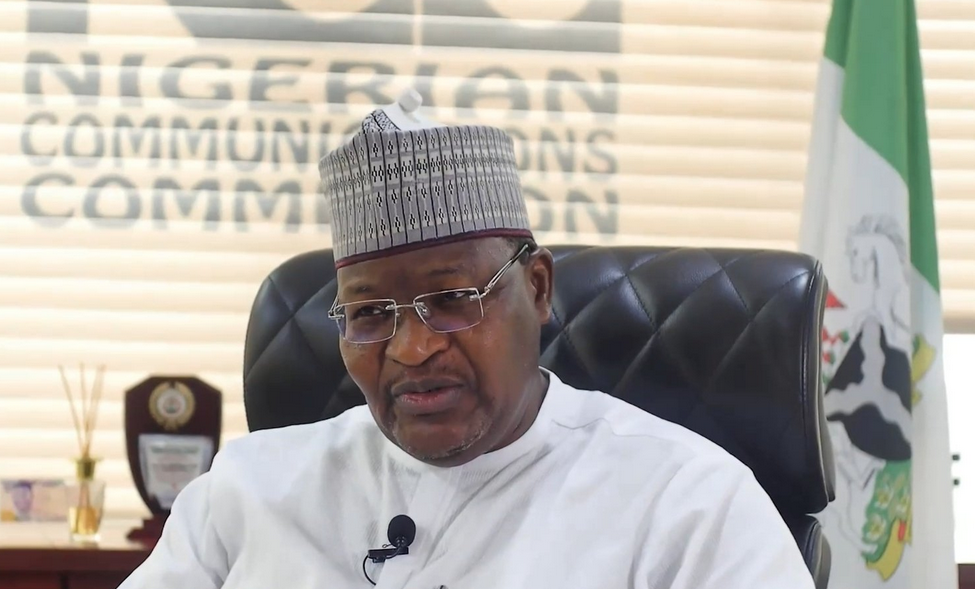The Nigerian Communication Commission (NCC) has asked telecommunication companies in Nigeria to adopt renewable energy in their operations to minimise impacts on the environment.
Umar Danbatta, executive vice-chairman of NCC, spoke in Abuja on Wednesday at the World Consumers’ Rights Day (WCRD) event — themed, ‘empowering consumers through clean energy transition’.
Danbatta, who was represented by Adeleke Adewolu, NCC’s executive commissioner, stakeholder management, said the theme was very relevant given Nigeria’s recent licencing of the 5G spectrum networks, which consume twice as much energy as 4Gs.
He said telecom companies are among the biggest energy users around the globe as a result of the need to satisfy their consumers by providing higher-speed networks.
Advertisement
“With the rising utility costs, it is critical for companies to reconsider the sustainability of their operations by lowering the operational impact on the environment,” he said.
“This is more so because it has been found that implementing energy efficiency measures could potentially reduce the operating costs of telcos by up to 20 percent.
”Consequently, to minimise the environmental impacts of climate change caused by carbon emissions, telecom network providers need to come up with a modern and more energy-efficient network.
Advertisement
“This includes the use of solar-powered cells, wireless electricity or a hybrid system to replace higher energy-consuming equipment that will lead to a reduction in capital expenditure (CAPEX) and operational expenditure (OPEX) and by implication, a reduction in service costs to consumers.
“Transitioning to renewable energy is predicted to result in a lower cost of operation as operators will be able to save on the cost of diesel, which accounts for a large chunk of the costs incurred by these licensees.”
Also speaking, Ayanbanji Ojo, head of consumer affairs bureau at the NCC, said the WCRD is undoubtedly one of the most important dates in NCC’s annual calendar of events as it is a day set aside to celebrate its consumers.
He said this year’s theme allows the commission to carefully examine the unintended side-effects of “our critical social infrastructure on our environment”.
Advertisement
“As consumer volumes and service diversity continue to grow, network operators have to roll-out more infrastructure for coverage in new, mostly rural areas, and for network expansion in already saturated urban markets,” he said.
“These infrastructure components are mostly powered by fossil fuels to ensure 100 percent availability. Without pre-empting the planned discussions about the environmental impacts of these activities, it is important that we ask ourselves some pertinent questions.”
LAUNCH OF CONSUMER ASSISTANCE DESK
As part of activities to mark the WCRD, the NCC also launched its telecommunication consumer assistance, resolution and enquiries (TELCARE) desk.
Advertisement
Danbatta said the TELCARE desk in Abuja will be a pilot, as the commission plans to set up more in strategic locations across the country to provide information to consumers.
“The TELCARE desk serves as an additional platform to receive and facilitate the resolution of consumer complaints; provide a means through which consumers and citizens can make inquiries on consumer issues; provide a platform for advocacy on any thematic consumer issue or concerns; to further enhance awareness of the commission’s activities,” the NCC vice-chairman said.
Advertisement
Add a comment






